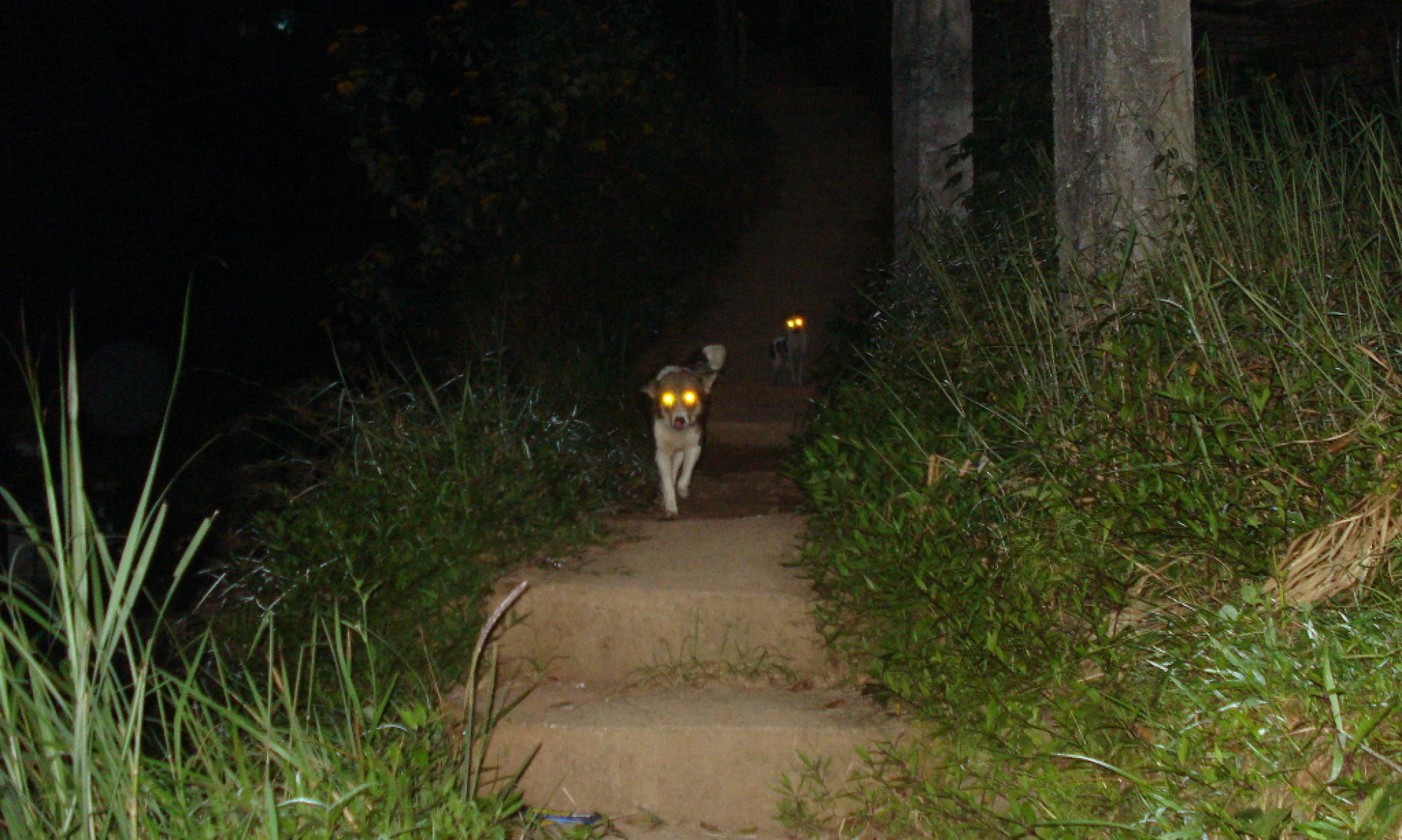
It’s Election Day in the Philippines today. My ears are glued to the wall-to-wall radio coverage of the proceedings, while my Twitter feed is focused on the #vote2013 and #halalan2013 hashtags. Occasionally I check the KontraDaya site for updates.
Reports have started pouring in, and they are mostly worrisome. They are confirming many fears about the Automated Election System (AES) and the PCOS machine’s many hitches and glitches, and the possibility of poll failures at the local level.
Voters and BEIs are getting frustrated about PCOS machines that don’t work, CF cards that can’t be read, ballots rejected because they are too wide or smeared easily by ink, paraphernalia sent to the wrong precincts, and so on and so forth. This is not to mention the older methods of electoral cheating—some subtler, some more brazen, which have long existed and have merely adjusted to the new AES environment.
At this point, I’m sorely tempted to shout, “Eto posporo, Sixto, sindihan mo na yan!” Continue reading “Eto posporo, sindihan mo na yan!”


